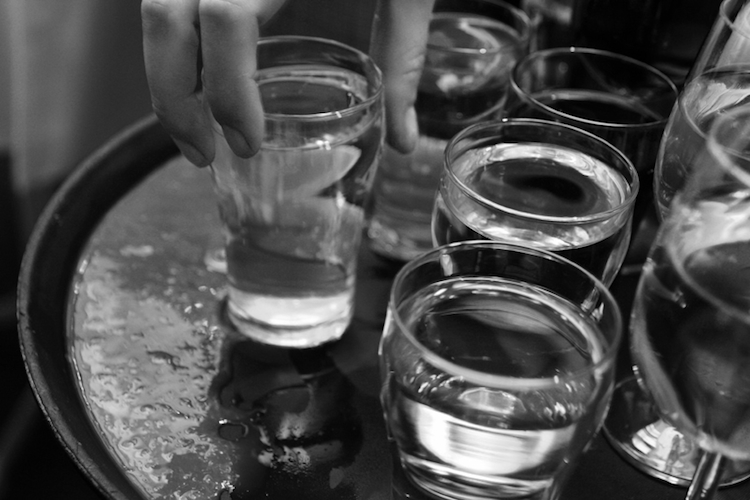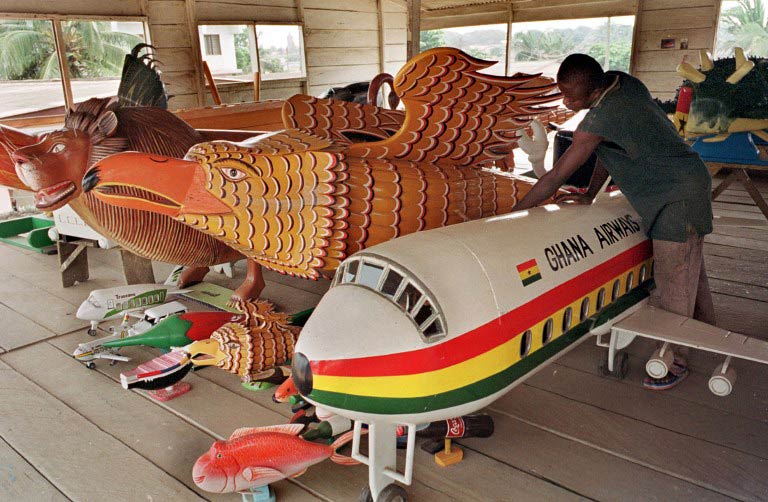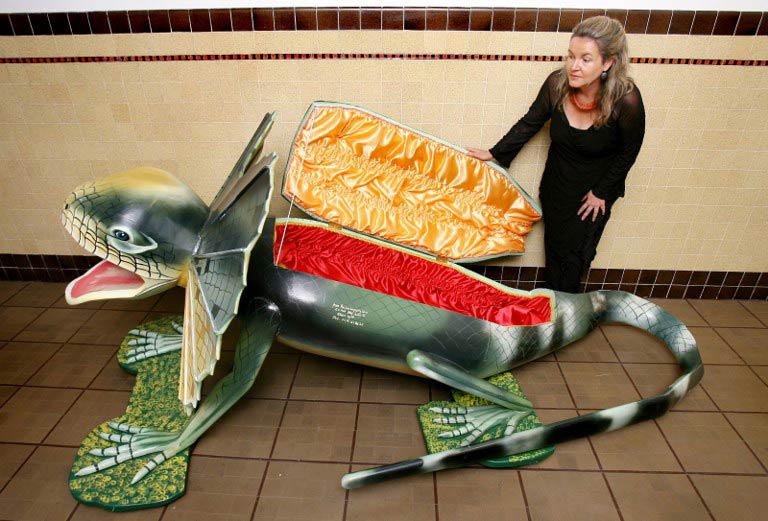What do an alcoholic beverage and a funeral have in common? An ‘after-tears’ drinking spree. In Botswana, as in many other African countries, funerals are a colourful feature of every weekend. They are a time to comfort the bereaved family and give the deceased a decent send-off. But while funerals used to be a conservative, somber affair they have now become social events of note, and booze is a big part of it all.

The endless demands on careers and home lives make it difficult to find time to meet old friends and relatives. For many a funeral is not only a chance to feast but a rare chance to mingle, unwind with relatives and reunite with friends. The after-tears, which is more prominent in urban and semi-urban areas, is the perfect chance to catch up with that cousin who had a baby daughter a few weeks ago, the relative with a knee problem and the successful friend you went to school with but haven’t seen in years. Think of it as a picnic that’s not really a picnic.
Alcohol too is part and parcel of Botswana society. In a country with few recreational facilities, hitting the bottle is a habit many people have adopted and there are no boundaries on where people can enjoy their drinks. Neither a 30% alcohol levy nor restricted operating hours for bars and liquor stores have altered the drinking patterns in this small country.
The after-tears drinking spree is a social practice common in European countries like Britain and Ireland. After the funeral, attendees at a wake may enjoy a drink and propose toasts or make short speeches reminiscing about the deceased. In Botswana it’s not an official occasion but effort is put into celebrating the late person in song, dance and drink.
Although traditionalists, conservatives, religious pundits and teetotalers are often critical of this new trend of drinking after burials and throwing massive “chill sessions” that stretch late into the evenings, mourners, especially the youth, aren’t perturbed. Many young people’s lives are claimed by car accidents, passion killings and illnesses such as HIV/AIDS. Scores of funerals are held for young blood every weekend. “Gone too soon” is often the slogan of the day.
Mourners converge
After the funeral and burial, mourners converge at one venue, whether a local bar, field or at the deceased’s home to share a drink. If the person who passed away was popular, a regular pub crawler or drank alcohol, rest assured the after-tears will be a bigger affair, just short of being a bash.
Women often come with their heads uncovered showing off new hairstyles. Some arrive dressed in skimpy dresses and too-high heels reminiscent of red light district workers as they prance around like peacocks. The men are also never left behind in their smart suits and trendy accessories.
Cars are parked. Boots are opened. Cooler boxes are pulled out. Bottles are corked. Ice is mixed. Drinks are poured. Alcohol flows like the River Nile. Camp chairs are placed around. There’s a lot of handshaking, backslapping, air kissing and hugging. Those who haven’t seen each other in a long time hold on much longer. There’s lots of chattering, gossiping, laughter, winking and reminiscing.
The crowd increases as more people arrive. Some look for new lovers, make friends or expand their business networks. People are introduced. Numbers are exchanged. Deals are sealed. As time goes on the fever and tempo increase, and more drinks are poured and downed in sips and gulps. Conversation touches on everything from politics and business to the latest scandal.
As the sun starts to set, someone will boldly suggest music. It will start out mellow but become louder and thumping. A few people will dance or sing. By late evening, voices are too loud, speech is slurred, movements are sloppy and some eyes are red. Laughter is too boisterous. Smiles are animated. There’s a lot of touching and rubbing. Here and there, there will be a small misunderstanding fuelled by inebriation. As night falls, everyone will stumble to their cars, the tears of earlier forgotten.
Next weekend it will be at another, packed place. New faces. Old faces. There’ll be long speeches and depressing hymns. There’ll be lots of food and drink, fanfare and activity as Batswana embrace the liberal idea of celebrating life instead of wallowing in sadness.
Keletso Thobega is a features and copywriter based in Botswana.


